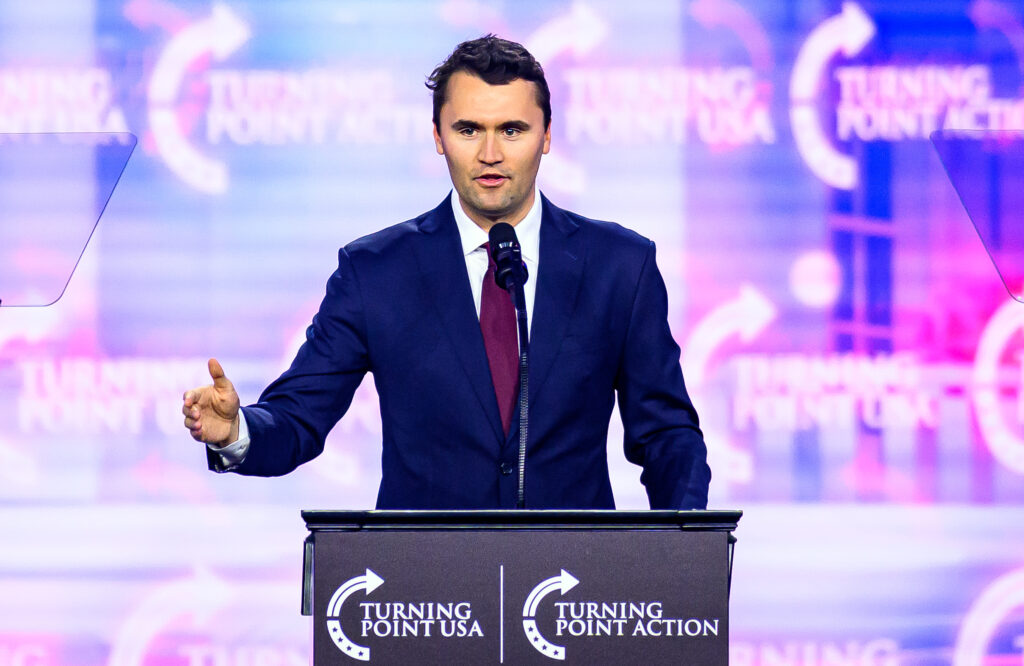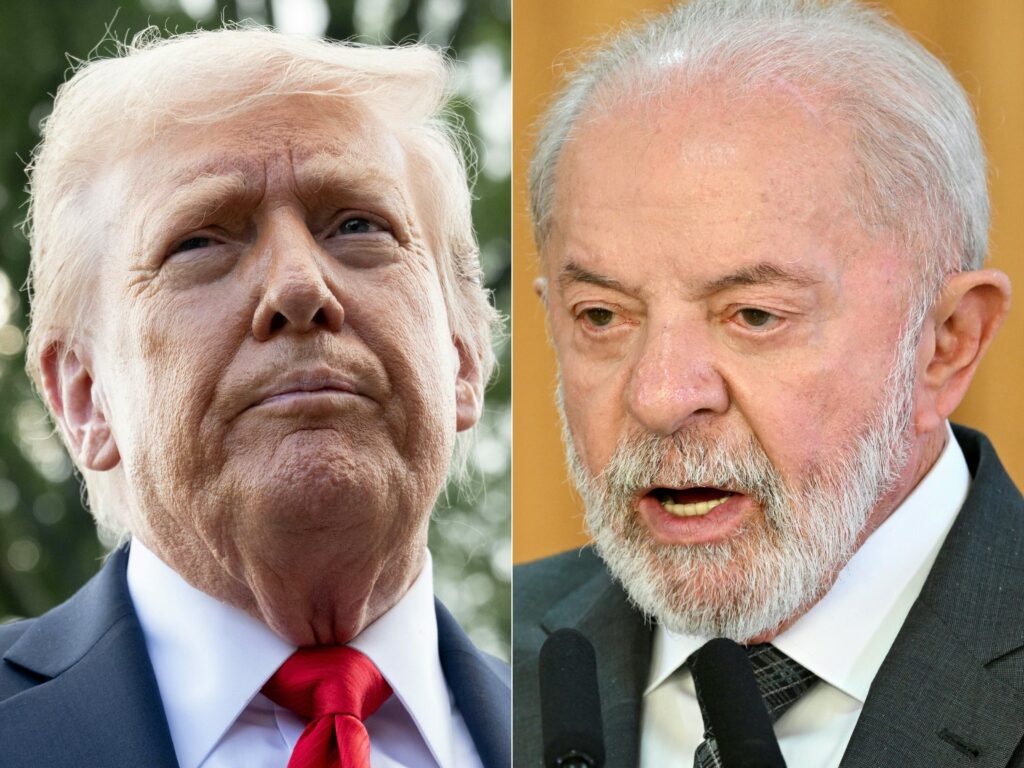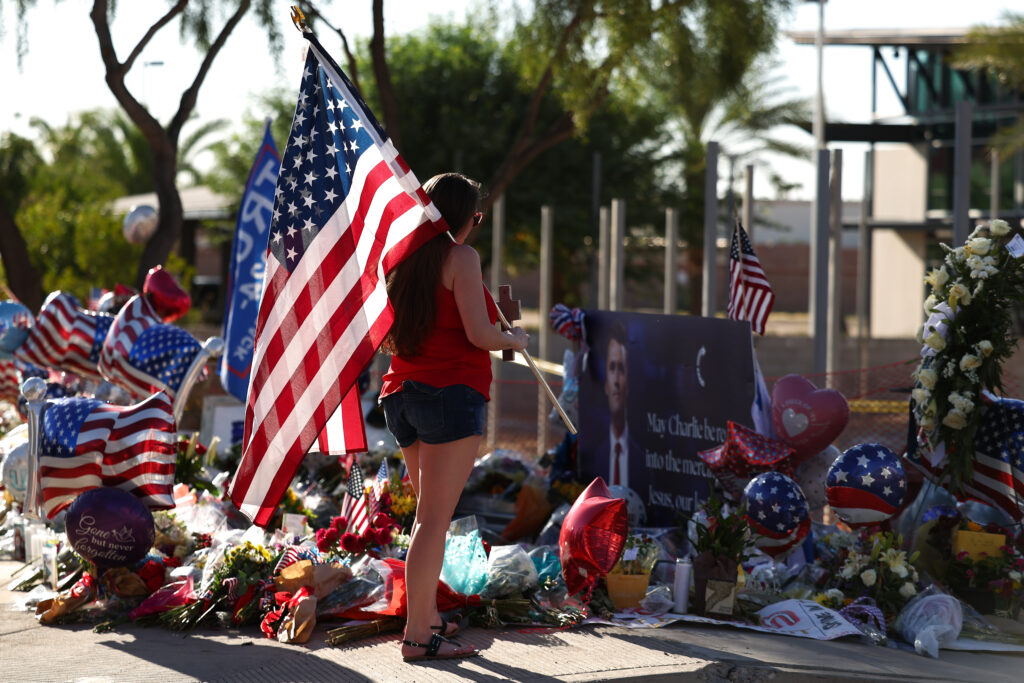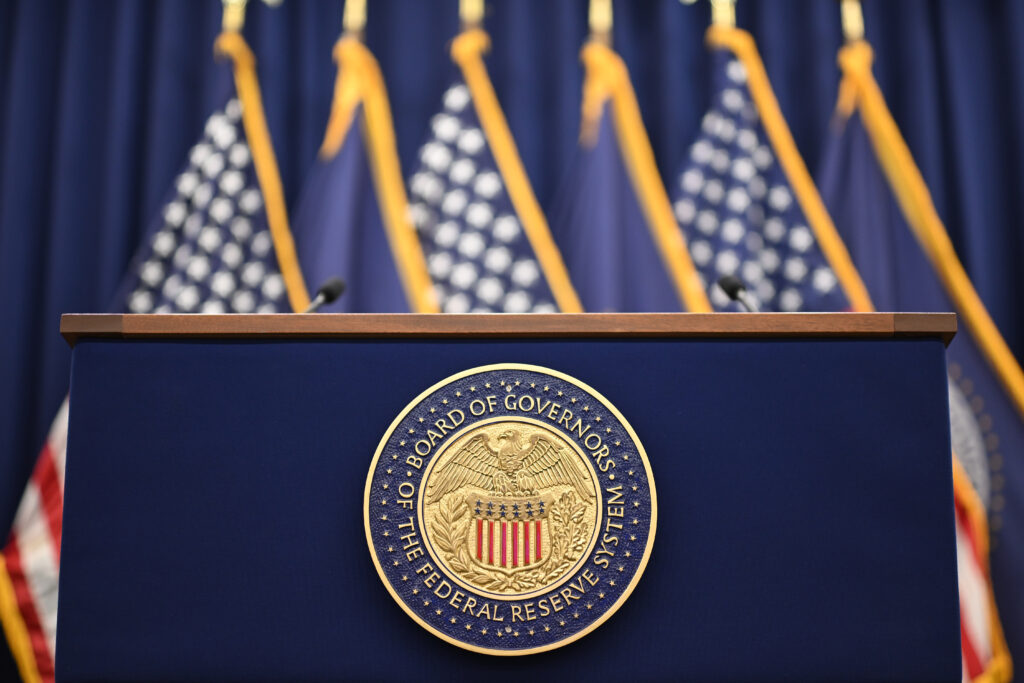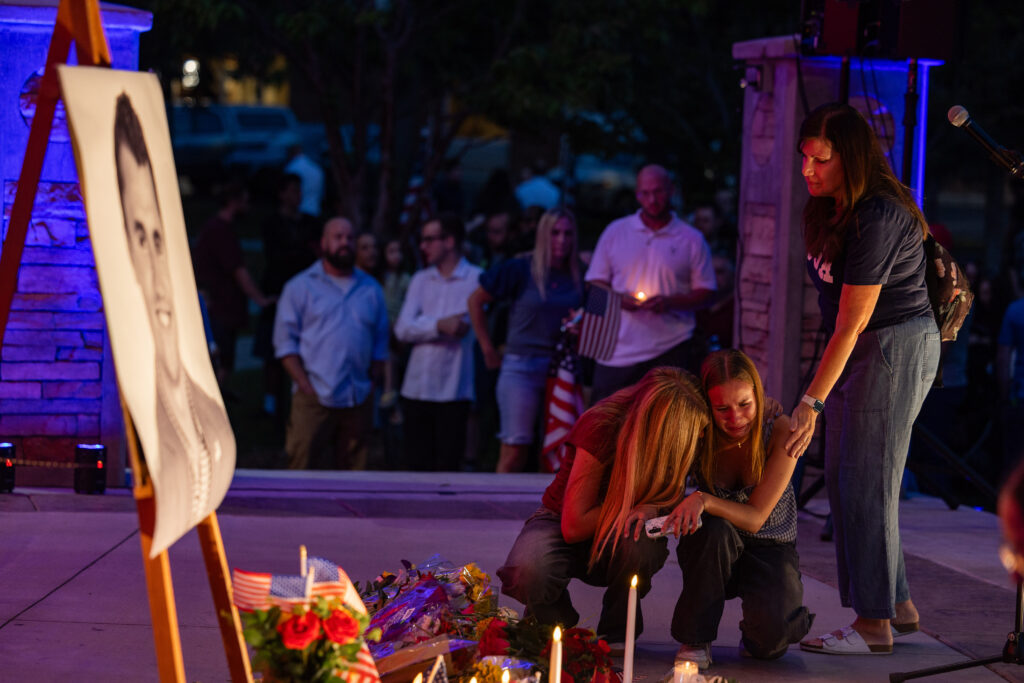Key Emmys moments: Children, Colbert, women and politics
Television’s best and brightest gathered in Los Angeles on Sunday for the 77th Primetime Emmy Awards, the industry’s premier awards gala.Here is a look at some of the more notable moments from the Peacock Theater in Los Angeles:- Think of the children – Host Nate Bargatze thought he had found a way to keep a lid on the interminable “thank you” speeches that routinely make awards shows run long — and which viewers complain about.At the start of the evening, the comedian announced he would be donating $100,000 to The Boys and Girls Club of America, but would dock $1,000 for every second winners went over their allotted 45.”I know that’s tough. It’s hard,” he deadpanned.”What are you going to do? I can’t change it. This is a game I made up, and these are the rules.”He said, however, he would add $1,000 back into the pot for every second a speaker did not use.An on-screen counter kept track and mercilessly wound down as actors and directors indulged themselves with thanking long lists of colleagues, family members, agents and the like.While some winners kept broadly within their time — and John Oliver managed such a short speech that the total rose significantly — by the end of the night, the donation was well in the red.Fortunately for the non-profit, which organizes after-school programs for young people, Bargatze said he and CBS would donate a total of $350,000.- King Colbert -Late night funnyman Stephen Colbert was one of the heroes of the night, walking out to a standing ovation at the start of the show when he took the stage.CBS said in July it was cancelling “The Late Show with Stephen Colbert,” days after the comedian blasted parent company Paramount’s $16 million settlement with President Donald Trump as “a big fat bribe.”Trump celebrated the cancellation, but the entertainment industry rallied around Colbert, with fellow late night hosts vowing to support his nomination for best talk show, an award he won to wild applause.Colbert told the audience he has realized his topical show, which frequently skewers Trump and what the comedian claims is a vanishing civil space, is about loss.”Sometimes you only truly know how much you love something when you get a sense that you might be losing it,” he said.”In September of 2025, my friends, I have never loved my country more desperately. God bless America.”- Five women and one man – When “Hunger Games” actress Elizabeth Banks proudly announced the gender split among nominees for director of a limited series, the audience cheered appreciatively.”When was the last time a directing category had five women and one man?” she asked.”I did not bother to look that up, but I think we all agree it was never,” she said.Then she opened the envelope and announced the only man nominated — Philip Barantini — had won for dark word-of-mouth smash “Adolescence.” – ICE and Gaza – At a time of heightened political tensions in the United States, and just days after right-wing activist Charlie Kirk was shot dead, politics occasionally poked through the glitz and glamour of the evening.Best supporting actress Hannah Einbinder from “Hacks” used her victory speech to deliver a brief, but very much no-holds barred statement that addressed the war in Gaza, immigration raids and her support for the Philadelphia Eagles.”Go Birds, Fuck ICE and free Palestine,” she said.Javier Bardem, meanwhile, wore a keffiyeh scarf in what he said was a show of support for Palestinians.Speaking to AFP on the red carpet, he said he was boycotting industry players he believed were supporting Israel in its war in Gaza.”We target film companies and film institutions that are complicit and are related to whitewashing or justifying the genocide in Gaza and for Israel, of Israel, and its apartheid regime,” he said.Writer Daniel O’Brien, who accepted the award for best scripted variety series on behalf of “Last Week Tonight with John Oliver,” spoke of a growing feeling in Hollywood that speaking out against the present US government is increasingly hard.He said he and the team were honored to share the prize “with all writers of late night political comedy, while that is still a type of show that’s allowed to exist.”





